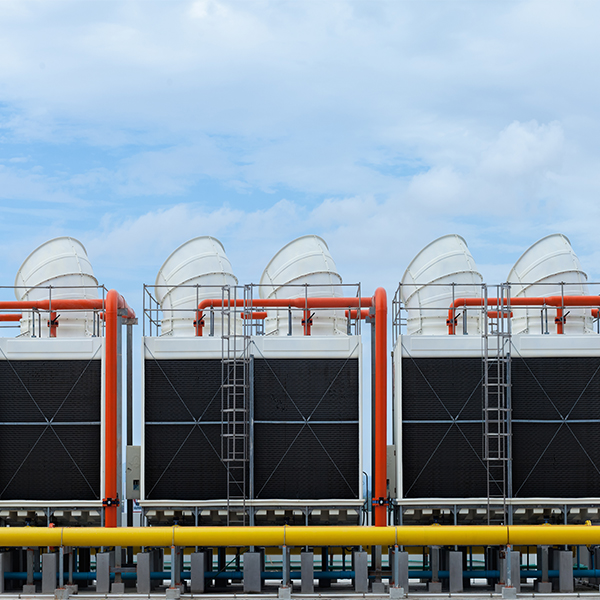
ESMAP's Response
The rapid industrialization taking place in low- and middle-income countries, where the bulk of greenfield developments and expansions of facilities will take place, presents a key opportunity to shape a low carbon future and improve the competitiveness of industries. The World Bank Group (WBG), through ESMAP, is uniquely positioned to support client countries in decarbonizing their industrial sectors by helping them adopt innovative technologies and solutions, leapfrogging old technologies that could have locked-in carbon emissions for decades.
The program is structured around strategies pursued in coordination:
- Reduce the demand for carbon-intensive products through circular economy, including through industrial symbiosis;
- Deploy innovative decarbonization technologies and solutions, including electrifying processes with renewable electricity, using renewable sources (solar, geothermal, or bio-based heat), and deploying green hydrogen and carbon capture use and storage (CCUS);
- Improve energy efficiency in all industrial sectors through the implementation of innovative measures and technologies; and
- Adopt a holistic approach that goes beyond deploying standard industrial energy efficiency, to also decarbonize sources of energy and other inputs to industrial processes.
The activity has three main components:
- Generation and dissemination of global knowledge on innovative technologies and their applicability to the industrial sectors of WBG client countries.
- Operational support for project design and implementation, including pilots.
- Leveraging partnerships to foster cooperation, advocacy, and knowledge sharing.